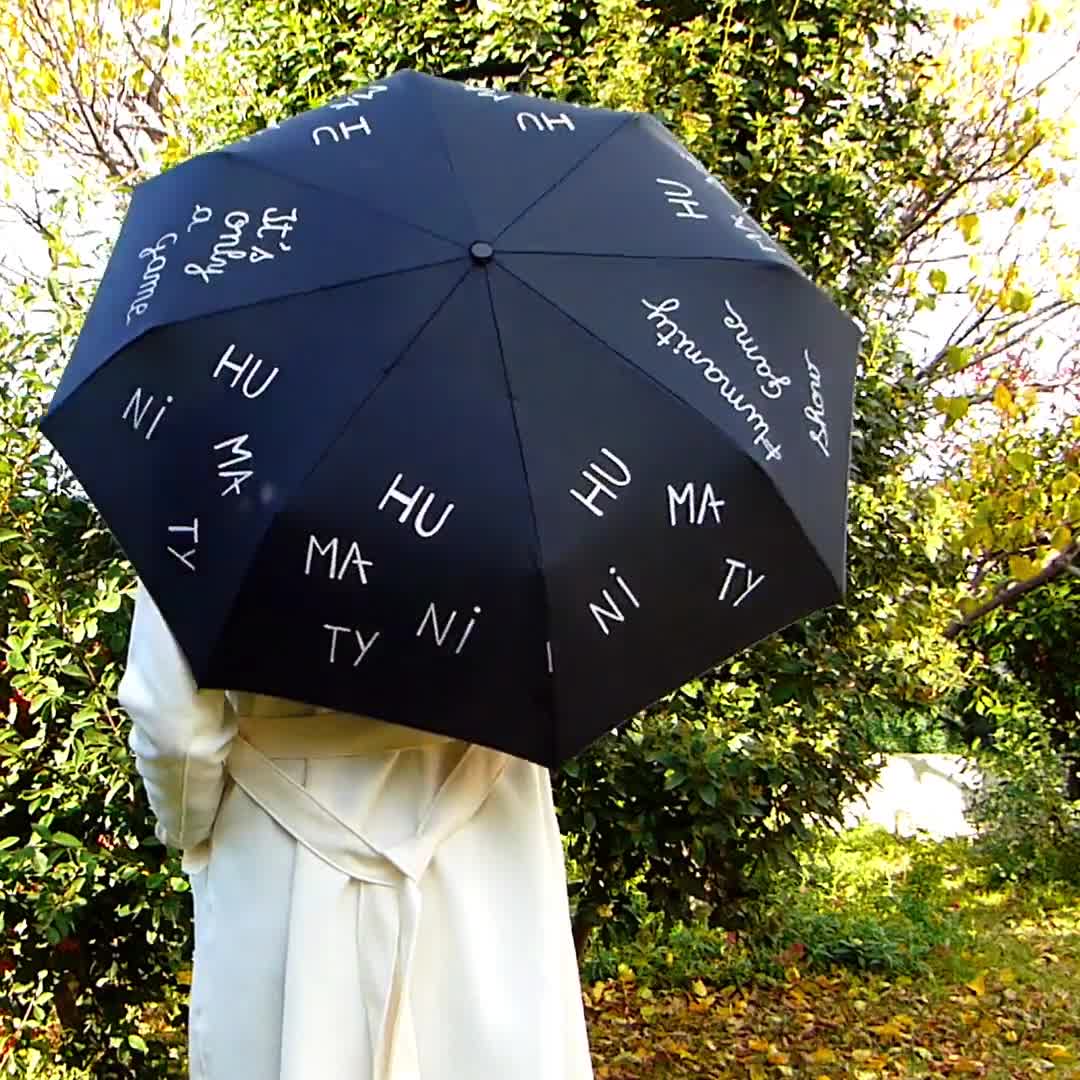World of God and Religion
When your mind is full of assumptions, conclusions, and beliefs, it has no penetration; it just believes and repeats past impressions. It’s the mark of an educated mind to be able to entertain a thought without just accepting it. So, after a lot of discussions on Critical Thinking aspects like System-1, System-2 , Knowledge pot holes, different biases somewhere I started thinking critically about my thoughts before making a perspective or decision. In this process the new journey was to find an old question which I think we all have inside: “What do we believe about God & Religion?” In fact does ” God” exists is also a question. As per our knowledge and experiences we tried defining ‘God’ and our believes about Religion and its impact on our and others lives. For me I don’t believe in a God figure or how religions are tagged and divided with names. I feel God is “Karma” that means doing deeds. And Religion is “Dharma” i.e path of doing deeds. I always believed in moving from finite towards infinite. Now after applying Critical thinking and listening to atheist I have a stronger clarity that I will keep thinking about thing with reasoning.
